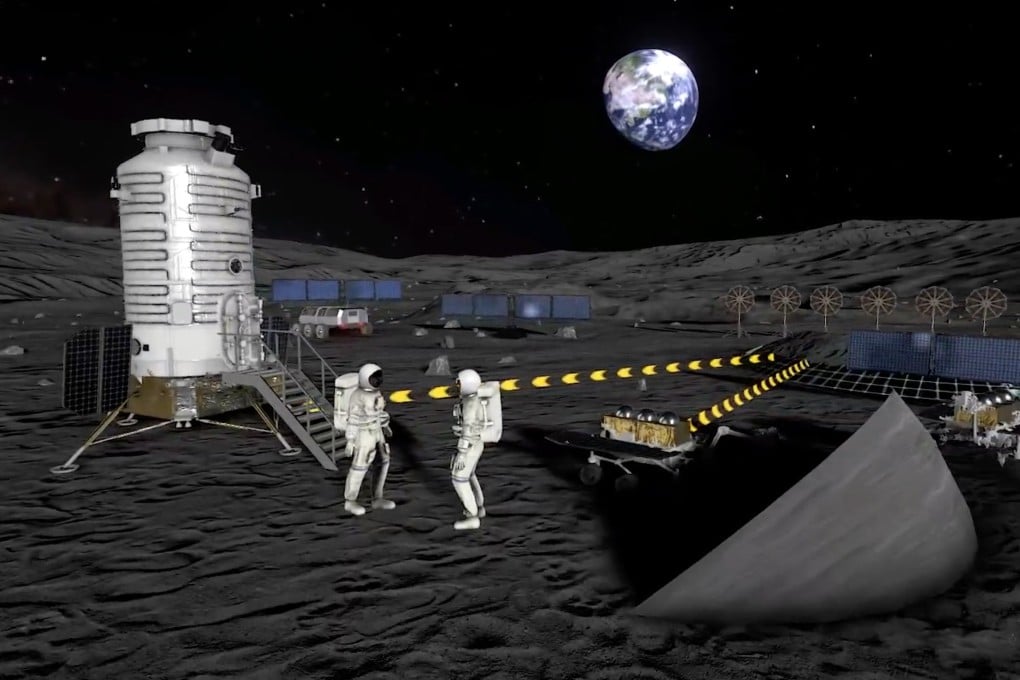Hungarian solar research lab signs up for China-led ILRS moon project
- Hungarian Solar Physics Foundation president inks MOU with Deep Space Exploration Laboratory officials, bringing ILRS partners to around 25

Robert Fay-Siebenburgen, president of the Hungarian Solar Physics Foundation, signed a memorandum of understanding on ILRS cooperation with officials from China’s Deep Space Exploration Laboratory in Hefei on July 12, according to the lab’s official WeChat account.
Before the signing ceremony, Fay-Siebenburgen and his delegation held discussions with the lab’s leaders, including Wu Yanhua, chief designer of China’s deep space exploration missions, according to the lab.
Wu gave an overview of the lab and the latest developments in Chinese space missions. Fay-Siebenburgen “expressed admiration for China’s achievements” and gave a briefing on the foundation’s core activities, international collaboration and future plans, the lab said. The statement did not mention potential contributions the foundation might make to the ILRS project.
This month, the Kazakhstan space agency KazCosmos signed an agreement with its Chinese counterpart during Chinese President Xi Jinping’s visit to the country. The two planned to work together on the ILRS, and share space data and potentially launch sites.
